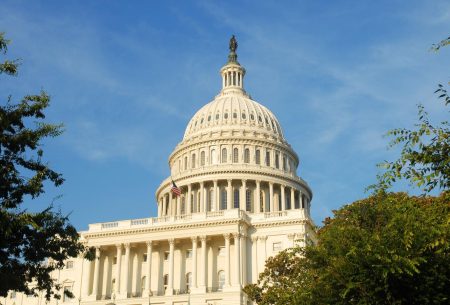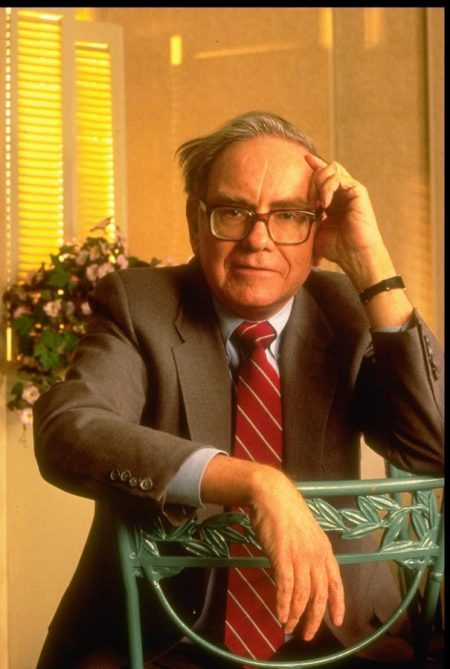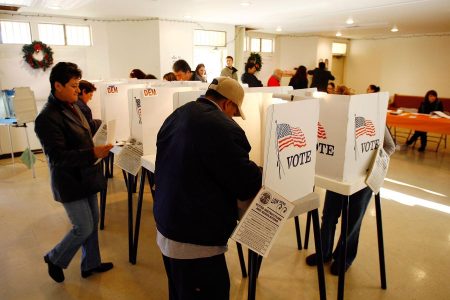The Fries Rebellion of 1798-1799, though less violent than Shays’ Rebellion and the Whiskey Rebellion, stands as a significant event in early American history due to its political ramifications. Triggered by a federal property tax levied to fund the Quasi-War with France, the rebellion highlighted the contentious nature of direct taxation and the deep-seated anxieties about governmental overreach amongst the populace. This tax, targeting real estate and slave ownership, was apportioned among the states, with Pennsylvania bearing a substantial burden due to its limited slave population. The tax’s implementation in Pennsylvania was fraught with issues, including the deployment of non-local assessors, often Quakers or Moravians, in predominantly German-speaking counties. This cultural and linguistic divide, coupled with the subjective nature of property assessment, fueled suspicion and resentment among the local residents.
The rebellion unfolded with initial protests characterized by rhetorical dissent and symbolic displays, such as the erection of liberty poles, reminiscent of the revolutionary era. These protests escalated into more direct actions, including verbal threats and even the symbolic dumping of hot water on assessors attempting to count windows for valuation purposes – an act that earned the rebellion the moniker “Hot Water War.” The resistance amplified in early 1799 with increasingly inflammatory rhetoric invoking revolutionary ideals and condemning the tax as a path to tyranny. John Fries, a local auctioneer, emerged as a prominent figure, warning against the dangers of unchecked governmental power. These localized protests reflected a broader sentiment of dissatisfaction with the federal government and its perceived encroachment upon individual liberties. The rebellion tapped into a simmering resentment towards federal taxation, which was seen as an unwelcome burden and a betrayal of the principles for which the American Revolution had been fought.
The situation deteriorated further as armed protesters, spurred by rhetoric emphasizing resistance and liberty, threatened tax assessors and federal authorities. Intimidation tactics became more pronounced, and the threat of violence loomed large. John Fries’s involvement escalated the tension, culminating in the forceful release of prisoners held by U.S. Marshal William Nichols in Bethlehem, Pennsylvania. This act of defiance transformed the rebellion from a series of protests into a direct challenge to federal authority, prompting a swift and decisive response from President John Adams.
President Adams responded forcefully, issuing a proclamation demanding the rebels’ dispersal and characterizing their actions as treasonous. He mobilized the Pennsylvania militia to quell the uprising and arrest the ringleaders, including Fries. The administration’s heavy-handed response underscored the federal government’s determination to assert its authority and suppress any perceived threat to its power. The rebels were subsequently tried in federal court, with Fries facing treason charges based on a broad interpretation of the law established during the Whiskey Rebellion. This interpretation effectively equated resistance to federal law with levying war against the United States, thereby justifying the charge of treason.
Fries’s first trial resulted in a death sentence, but a mistrial was declared due to juror bias. His second trial, presided over by the staunch Federalist Supreme Court Justice Samuel Chase, again resulted in a conviction and death sentence. However, before the sentence could be carried out, President Adams issued a general amnesty, pardoning all involved in the rebellion. While Adams presented this pardon as a gesture of magnanimity and a testament to the swift restoration of order, it sparked controversy and division within the Federalist party.
The pardon proved to be a politically damaging move for Adams. While intended to showcase his control of the situation, it alienated hardliners within his own party, including Alexander Hamilton, who considered it a sign of weakness. This internal rift within the Federalist ranks, exacerbated by the pardon controversy, contributed to their defeat in the pivotal 1800 election against Thomas Jefferson and the Republican Party. Moreover, the Federalists’ forceful response to the rebellion alienated many voters in Pennsylvania, a crucial swing state, further weakening their electoral prospects. The Fries Rebellion, while seemingly a minor uprising, ultimately played a significant role in the decline of the Federalist Party and the rise of Jeffersonian Republicanism, signifying a shift in the American political landscape towards a more limited view of federal power.










